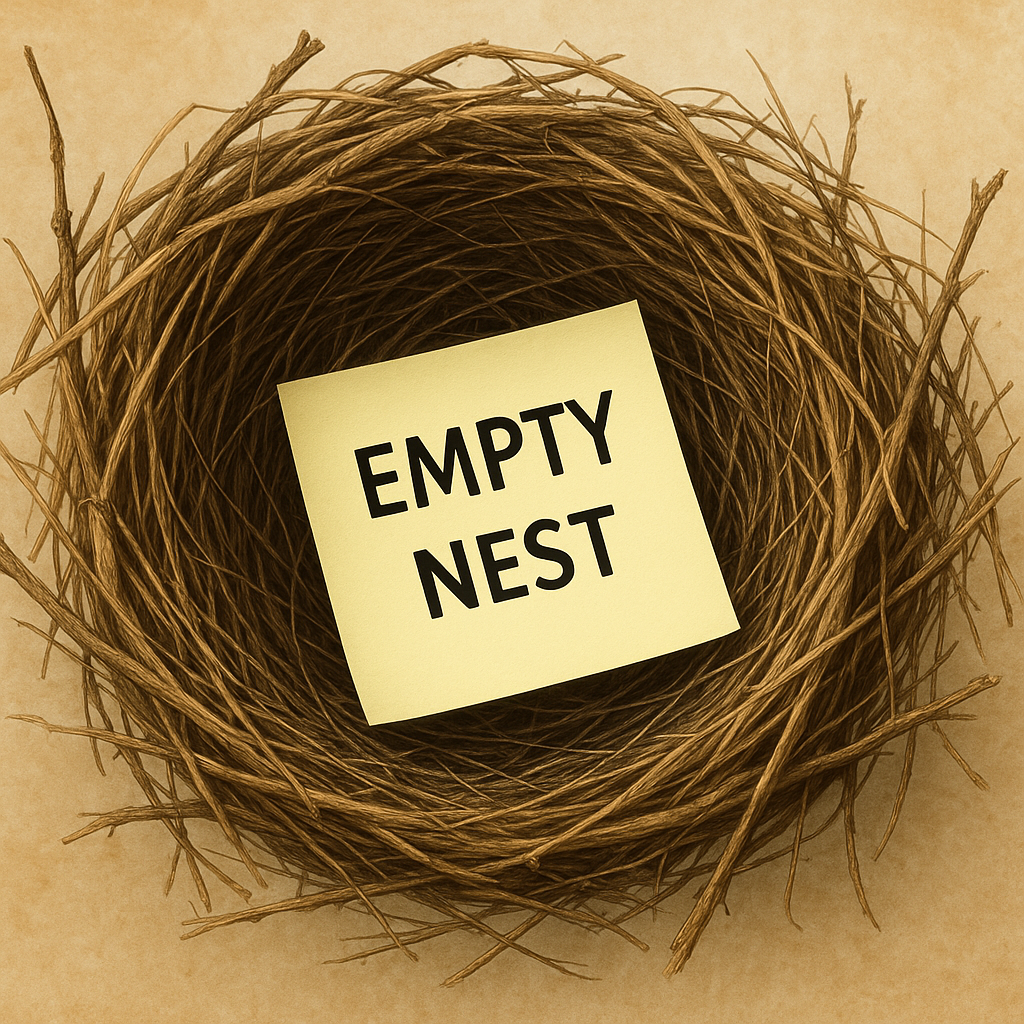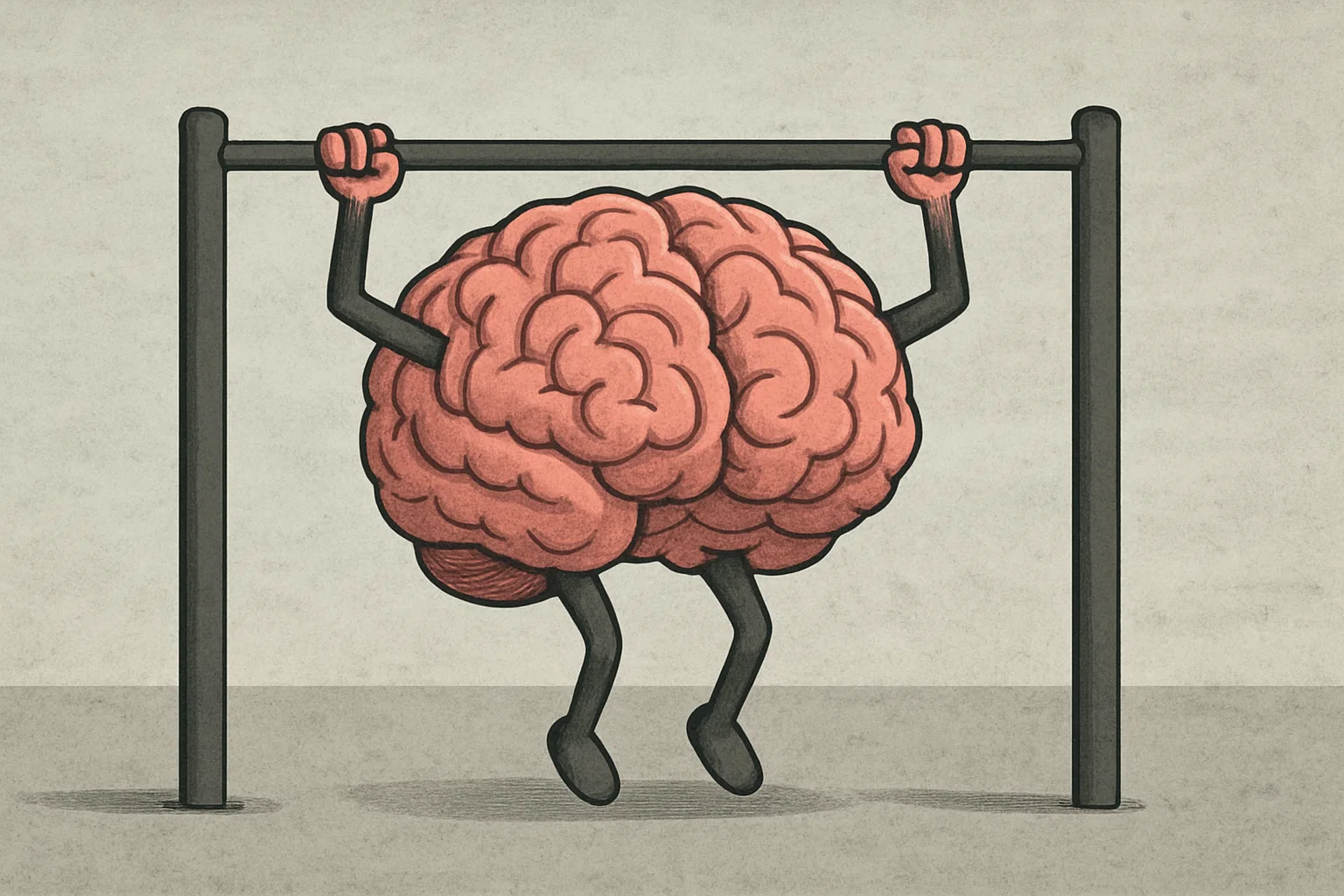Life is full of twists and turns. Some changes are minor, like getting a new phone. Then there are the big ones, the ones that turn your world upside down. Divorce, job loss, moving to a new city, becoming a parent, or losing a loved one.
These are the changes that shake us to our core. They don’t just change our circumstances; they change who we are.
Healing from such a significant shift takes time. It’s not something that happens overnight. With patience, self-compassion, and the right support, you can heal and feel whole again. Here’s how to do it.
Understanding the Impact of a Life Transition
A life transition isn’t just about a change in your day-to-day life. It’s about shifting your identity, your purpose, and how you see yourself in the world. These transitions can affect everything: your relationships, your self-esteem, your mental health, and even your sense of belonging.
You may think, “But I should be happy about this change,” especially if it’s a positive one, like getting married or starting a new job. And yet, even those good changes can stir up grief. It might be a loss of independence, of familiar routines, or even the life you thought you’d always have. This grief is real. And it’s a necessary part of the healing journey.
Common Emotional Responses to Major Life Transitions
Grief isn’t the only feeling you’ll experience. Life transitions bring a range of emotions, and they’re all valid. You might feel:
- Grief for what you’ve lost.
- Fear about what’s to come.
- Excitement for the opportunities ahead.
- Frustration with how things are going.
- Confusion about what step to take next.
These feelings are all part of the process. The key is not to judge yourself for them. Let yourself feel. “The only way out is through,” as they say. If you try to suppress your emotions, the healing process will take longer. Let it all out, even when it feels messy.
7 Practical Steps to Heal After a Major Life Transition
Allow Yourself to Grieve
Don’t rush this step. Grief is part of the process. You’re mourning something such as a phase of life, a dream, a relationship. Let yourself feel it. Whether it’s writing in a journal, creating a memory box, or lighting a candle, find a ritual that helps you honor what’s been lost.
Grieving doesn’t mean you’re weak. It means you’re human.“We need time to move through the pain of loss. We need to step into it, really to get to know it, in order to learn” ― Elisabeth Kübler-Ross
Seek Support
You don’t have to go through this alone. Friends and family can be a great support, but professional help is also important. Therapy can be transformative. A therapist will create a safe, non-judgmental space for you to process your emotions. They’ll guide you toward a renewed sense of purpose and identity.
Reframe the Narrative
Major life transitions often feel like an end. But what if they’re not? What if they’re a new beginning instead? Reframing how you look at things can help. Ask yourself:
- What have I gained in this process?
- What strengths have I discovered?
- What possibilities lie ahead that didn’t exist before?
Changing your perspective helps you move forward with greater resilience. “Every ending is the beginning of something new,” as they say. Believe it.
Reconnect with Yourself
Who are you now? A big life change can make you question your identity. But that’s also an opportunity to reconnect with who you really are. Spend time reflecting on your values, your passions, and the things that bring you joy.
You could try journaling about your dreams and goals, dive into a creative project like painting or music, or practice mindfulness through meditation and deep breathing. When you make space to rediscover yourself, you start to build a stronger, more authentic foundation for your future.
Create New Routines and Rituals
Life transitions can leave you feeling ungrounded. Establishing new routines with healthy habits helps restore a sense of normalcy. A morning ritual stacking habits such as journaling and taking a walk outdoors, or even a 7 minute stretch or movement video. These small habits anchor your day and symbolize the life you’re building.
Remember, “Rituals give us stability in a time of uncertainty.”
Set Manageable Goals
You’re healing, not rushing to the finish line. Healing takes time. So, set realistic, manageable goals. It could be something simple like updating your resume, attending a social event, or signing up for a new class to rediscover your passions. Each small goal you achieve builds confidence and a sense of progress.
Be Patient and Kind to Yourself
Above all, be patient with yourself. Healing isn’t linear. One day, you might feel great, and the next day, you might feel like you’ve taken two steps backward. That’s okay. Therapy can be helpful in navigating these ups and downs. Remember, healing isn’t about “fixing” yourself. It’s about growing through the process.
Self-compassion is key. Don’t be hard on yourself when you feel down. Remind yourself: “I am doing my best, and that is enough.”
How Therapy Can Help During Life Transitions
Therapy is a powerful tool for navigating life transitions. It offers several benefits:
- Emotional Validation: A therapist helps you express your feelings without judgment.
- Perspective Shifting: They help you reframe negative thoughts and see your strengths.
- Skill Building: Learn practical coping mechanisms like mindfulness, grounding techniques, and stress management.
- Goal Setting: Therapists help you create realistic goals and actionable plans.
- Identity Exploration: They help you understand who you are now and what you want moving forward.
Whether it’s short-term therapy or long-term support, seeking professional help can accelerate your healing and growth.
Embracing Wholeness Again
Healing after a major life transition isn’t about returning to who you were. It’s about evolving into who you are meant to be. Life is a river, always flowing and changing. There will be calm stretches and turbulent ones. But with every challenge, loss, and triumph, you become deeper, stronger, and more resilient.
So, embrace the journey. Take time to grieve, seek support, reconnect with yourself, and celebrate your progress. In time, you’ll find that you’re not just surviving — you’re thriving.
And you’ll realize, you are whole. Not because you returned to who you were, but because you honored the process of becoming who you were always meant to be.
FAQs
What is a life transition?
A life transition refers to a major change that significantly alters your routine, environment, or sense of identity. Examples include marriage, divorce, relocation, retirement, starting a family, changing careers, or coping with the loss of a loved one.
Why do life transitions feel so overwhelming?
Life transitions challenge our sense of stability and identity. Even positive changes can bring about grief, fear, anxiety, and uncertainty. Our brains are wired to seek familiarity, so big changes can feel threatening or emotionally taxing until we adjust.
How can therapy help during a life transition?
Therapy for life transitions offers emotional support, perspective, and coping strategies. A therapist can help you process difficult emotions, reframe negative thoughts, set realistic goals, and navigate your path forward with greater clarity and resilience.
What are some signs I might benefit from therapy during a life transition?
You might benefit from therapy if you experience prolonged sadness, anxiety, difficulty making decisions, a sense of being “stuck,” loss of identity, or struggles adjusting to your new circumstances. Learning how to navigate major life transitions with therapy can ease these struggles and support long-term healing.
How long does it take to heal after a major life transition?
There’s no one-size-fits-all timeline. Healing depends on factors like the type of transition, your support system, coping skills, and personal resilience. Some transitions may take months to adapt to, while others may take years. The important thing is to allow yourself to heal at your own pace without pressure.
Are there specific types of therapy that are best for life transitions?
Several types of therapy can help during a life transition, including Cognitive Behavioral Therapy (CBT), mindfulness-based therapies, and narrative therapy. Finding a therapist who specializes in therapy for life transitions ensures you get the guidance best suited to your situation.
Can positive life transitions also cause emotional struggles?
Absolutely. Even joyful changes like marriage, parenthood, or a dream job can bring unexpected stress, grief, or anxiety. These emotions are natural and valid, as they reflect the adjustments you’re making to a new phase of life.
What are some practical steps I can take today to start healing?
Start by acknowledging your feelings without judgment. Set small, manageable goals, create new daily routines, seek supportive relationships, and consider working with a therapist. Most importantly, be patient and gentle with yourself through the process.
Train your brain, transform your life.
Let’s work together to align your mindset with the life you know you’re meant to live.
➡️ Book your private session now or inquire about my exclusive coaching packages.





